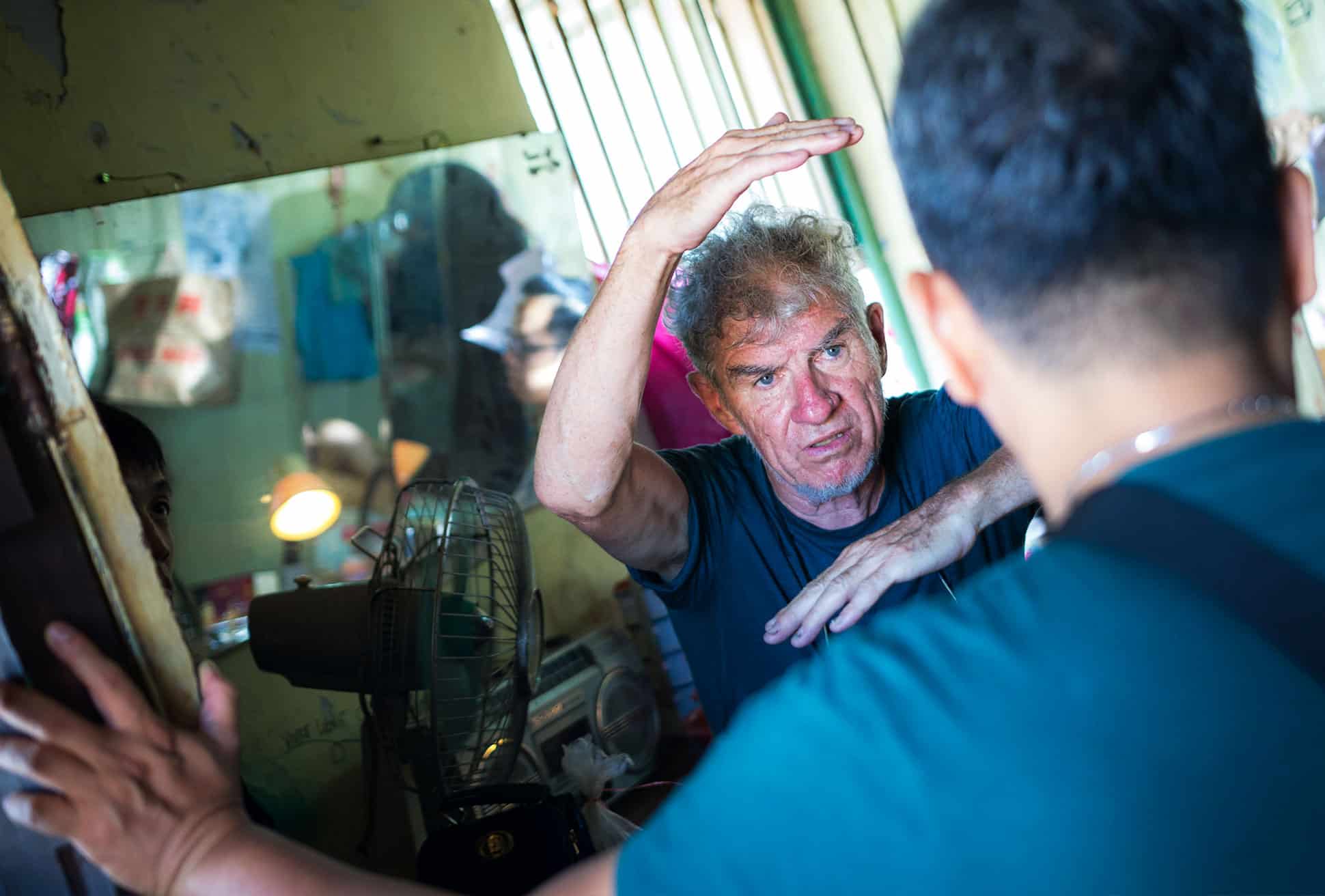
Interview with Christopher Doyle
por remi mourany
·
In 1998, as part of a special issue "Made in China", represented by Erwan Higuinen and Olivier Joyard, portrayed Christopher Doyle, the cinematographer and essential traveling companion of Wong Kar-wai's cinema.
Q: When the Taiwanese New Wave appeared, Chris Doyle was at the forefront, ready to accept the offer of Edward Yang who, in 1983, hired him as director of photography on his first film, "That Day on the Beach." How did you react to the success of your work?
A: I found myself in a strange situation, thinking I wasn't really up to it. If Spielberg had called me, I wouldn't have even answered the phone. So I ran away—but I left with someone, which is always a good thing to do.
Chris Doyle then arrived in Paris, where he worked with Claire Devers on "Black and White" (1985), but did not find there the effervescent complicity of his Taiwanese beginnings. He left again, but this time for Hong Kong, where he worked on "Soul," the second film by Shu Kei. No more going back and forth between Paris and Asia: from now on, he would live in Hong Kong. And it was there that the meeting with Wong Kar-wai took place, a name now almost systematically associated with his own.
Q: How did your collaboration with Wong Kar-wai begin?
A: William Chang, the artistic director and editor of Wong's "The Matchmaker," first played a role. Hesitations were quickly swept away, and our collaboration began in the rainy nostalgia of "Days of Being Wild" (1990). Since then, I’ve been traveling, scouring stages in Hong Kong, Taiwan, China, Japan, and Korea, writing books, and compulsively photographing cities and faces.
He is inexhaustible on Wong's films. His works are based on the rhythm of the city, on its energy. Particularly in Hong Kong, it is essential to be in the middle of this confusion. This is also why they hold towards music. Together, we never have a script, but he makes me records, asks me for my opinion, and whatever can happen, at the time of filming, like jazz, we will be able to jam. The beauty in jazz is born from complicity, harmony, and the urgency of the moment.
Q: How did you find working in Hollywood compared to working with Wong Kar-wai?
A: Everything is heavier there. There is so much energy perverted by habit. Drinking a bottle of whiskey every day was so frustrating that I had to fight. There, if there is any discomfort, we plan to fight. With Wong Kar-wai, we touch the wall of constraints, which restrict us. Each element takes the place of pure emotion: the city lights, the decor, the traits, the gestures of the actors. Afterwards comes the good laugh which, paradoxically, comes to us by chance.
Q: Can you talk about your work on "Happy Together" and your first film as a director, "Away with Words"?
A: The idea of using obstacles and constraints to make the best of it, in my films and in my life, is always present. It’s a pragmatism which is also a morality. Financially, you have to stay within certain limits, remain aware of contingencies. Reducing the budget does not compromise your integrity; on the contrary, it means that the film will also reflect this social phenomenon that is the economic crisis. Cinema must be a vivid and precise reflection of society.
Q: Do you see yourself changing your role to become a full-time director?
A: No. I’m not a storyteller. I want at all costs to remain the one carrying the camera. It's more direct, there's a much stronger intimacy. It's like dancing or like sex.
Did you find this interesting? Learn more about HK New Wave.









